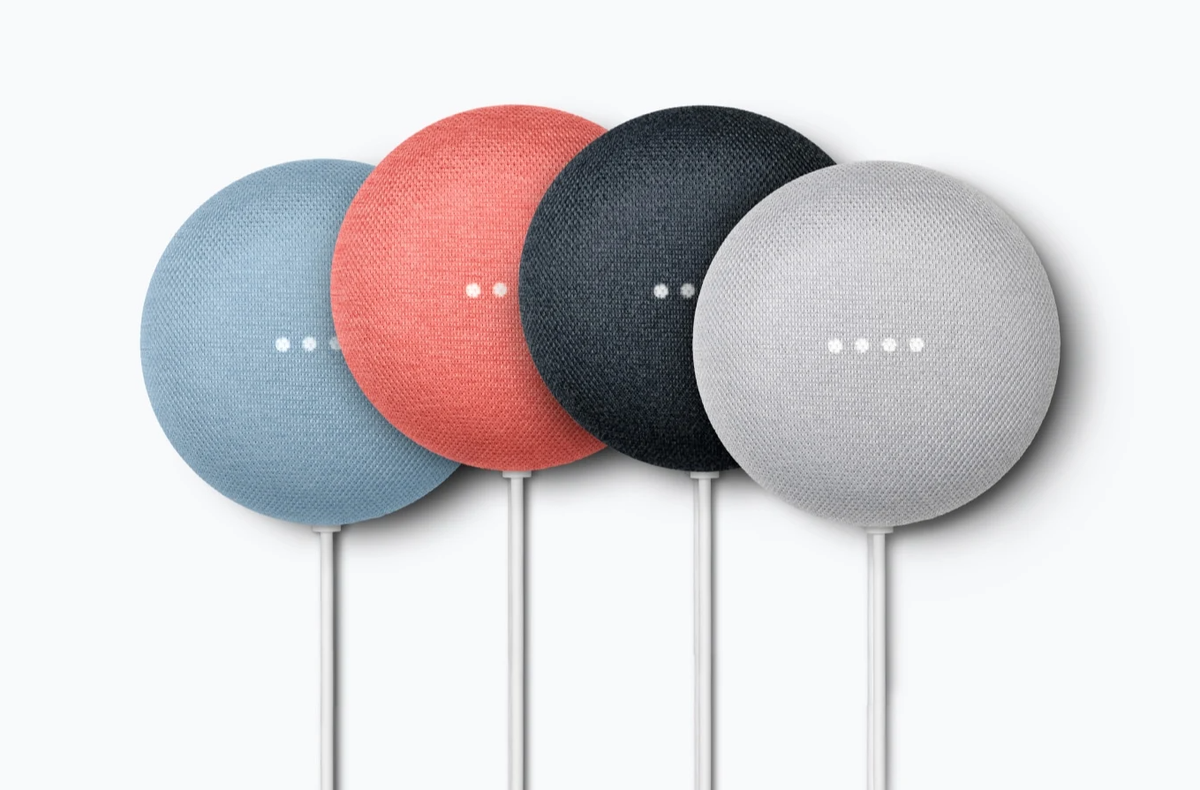Are you about to not be stressed out? Check your Apple Watch.
There’s a feature on the Apple Watch that is intended to be able to detect your stress. And a new study claims that it actually works not only to detect your stress, but to predict it too. Or, rather, your Apple Watch can predict when you’re not stressed out — which is kind of stressful.
The existing feature allows Apple Watch owners to take an electrocardiogram — also known as ECGs or EKGs — with the ECG app directly through their watch. ECG tests record the timing and strength of your heartbeat; it’s a test doctors use to learn about your heart rhythm and look for irregularities. According to the Society of Nuclear Medicine and Molecular Imaging, doctors regularly use ECGs to perform stress tests, so it’s not surprising that Apple would want to include ECG capabilities in their new tech.
“The ECG app can record your heartbeat and rhythm using the electrical heart sensor on Apple Watch Series 4, Series 5, Series 6, Series 7, Series 8 or Ultra and then check the recording for atrial fibrillation (AFib), a form of irregular rhythm,” according to Apple support. “The ECG app records an electrocardiogram which represents the electrical pulses that make your heart beat. The ECG app checks these pulses to get your heart rate and see if the upper and lower chambers of your heart are in rhythm. If they’re out of rhythm, that could be AFib.”
It was unclear how useful the Apple Watch ECG reading would be in tracking stress, though. But a new study claims the ECG feature — along with other measurements in the Apple Watch — works as a basic stress detector and can be used for stress prediction, too. According to the study published in the journal Frontiers in Digital Health, “the current models have high specificity, predicting ‘no stress’ states relatively well, [but] it lacks the predictive power to accurately predict the ‘stress’ states as of yet.”
“Overall, the results presented here suggest that, with further development and refinement, Apple Watch ECG sensor data could be used to develop a stress prediction tool,” the paper reads. “A wearable device capable of continuous, real-time stress monitoring would enable individuals to respond early to changes in their mental health. Furthermore, large-scale data collection from such devices would inform public health initiatives and policies.”
But all that extra data about our stress might just make us more stressed out.
Lindsey Rosman, a clinical health psychologist and an assistant professor of cardiology at the University of North Carolina at Chapel Hill, found in a research paper that a 70-year-old woman suffering from atrial fibrillation performed nearly 1,000 ECGs on her watch in a single year. The additional data didn’t lead to any alterations in the patient’s medical treatment but her constant use of the watch and fear and anxiety related to her health had a “profoundly negative impact on her mental health, relationships, and quality of life.”
This is, obviously, a pretty radical example of how technology can increase our stress, but it isn’t an isolated incident. Another study from the University of Copenhagen found that nudges from their Fitbit tracker to encourage them to go for a walk or engage in self care were a source of stress more than anything else for many users.
So, the Apple Watch can do what Apple said it could do: Track our every stressful move. But do we want it to? And is that actually good?


